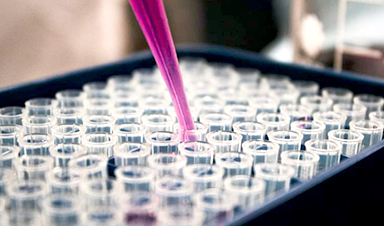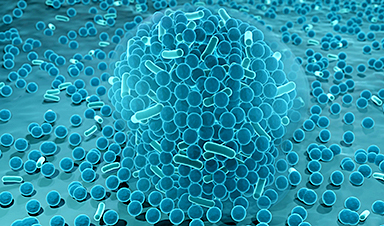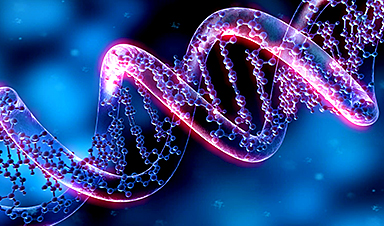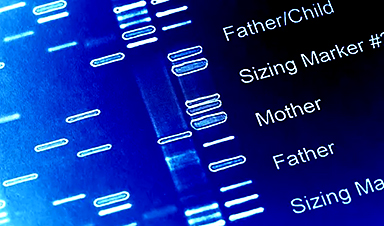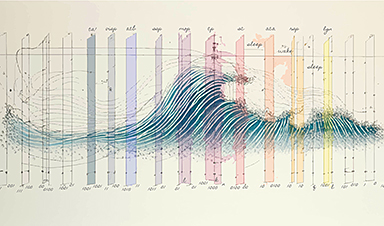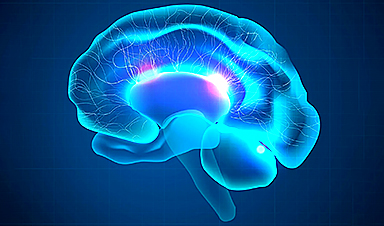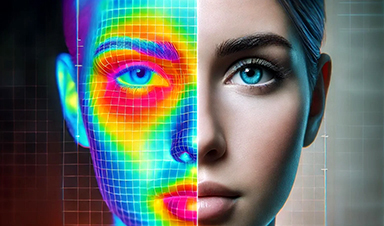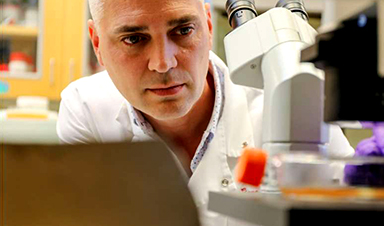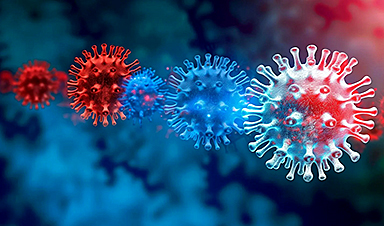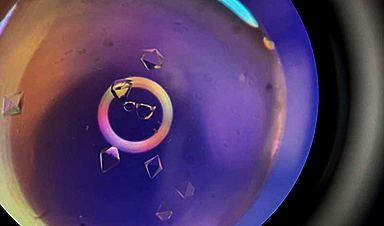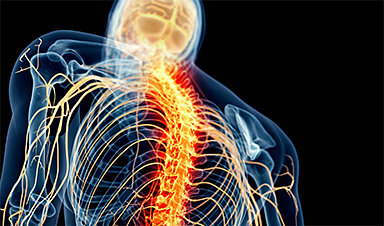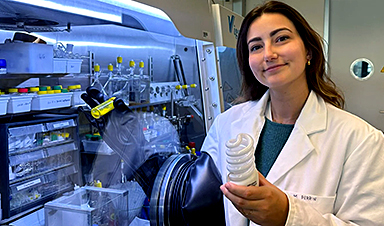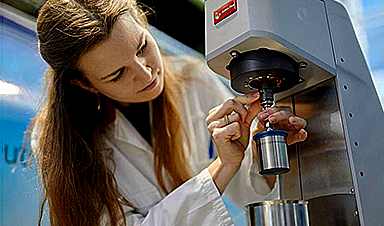COVID-19 continues to claim lives around the world and is infecting millions more. Although several vaccines have recently become available, making significant strides towards preventing COVID-19, what about the treatment of those who already have the infection? Vaccines aren’t 100% effective, highlighting the need—now more than ever—for effective antiviral therapeutics. Moreover, some people can’t receive vaccines due to health issues, and new variants of SARS-CoV-2, the virus that causes COVID-19, that can penetrate vaccine-conferred immunity, are being reported, indicating that we need to think beyond prevention.
To achieve this goal, the researchers first established an experimental system for screening drugs that may help to control infections. This system used a type of cells called VeroE6/TMPRSS2 cells, which were manipulated to efficiently be infected with and produce SARS-CoV-2. “To determine whether a drug of interest could help combat infection by SARS-CoV-2, we simply had to expose VeroE6/TMPRSS2 cells to both the drug and SARS-CoV-2 and then observe whether the drug’s presence served to hinder the virus’s efforts to infect cells,” explains Professor Watashi.
The researchers used this experimental system to screen a panel of drugs that are already approved for clinical use, including drugs like remdesivir and chloroquine that have already being approved or are being trialed as treatments for COVID-19. In an exciting outcome, the researchers found two drugs that provided effective SARS-CoV-2 suppression: cepharanthine, which is used to treat inflammation, and nelfinavir, which is approved for the treatment of HIV infection.
Cepharanthine inhibited the entry of the virus into cells by preventing the virus from binding to a protein on the cell membrane, which it uses as a gateway. In contrast, nelfinavir worked to prevent the virus from replicating inside the cell by inhibiting a protein that the virus relies on for replication. Given that these drugs have distinct antiviral mechanisms, using both of them together could be especially effective for patients, with computational models predicting that combined cepharanthine/nelfinavir therapy can hasten the clearance of SARS-CoV-2 from a patient’s lungs by as few as 4.9 days.
News
Breakthrough in Antimicrobial Technology with Cinnamon-Based Nanokiller
The need for innovative antimicrobial agents has become increasingly urgent due to the rise of antibiotic-resistant pathogens and the persistent threat of infections acquired during hospital stays. Traditional antibiotics and antiseptics are often ineffective [...]
The Silent Battle Within: How Your Organs Choose Between Mom and Dad’s Genes
Research reveals that selective expression of maternal or paternal X chromosomes varies by organ, driven by cellular competition. A new study published today (July 26) in Nature Genetics by the Lymphoid Development Group at the MRC [...]
Study identifies genes increasing risk of severe COVID-19
Whether or not a person becomes seriously ill with COVID-19 depends, among other things, on genetic factors. With this in mind, researchers from the University Hospital Bonn (UKB) and the University of Bonn, in [...]
Small regions of the brain can take micro-naps while the rest of the brain is awake and vice versa
Sleep and wake: They're totally distinct states of being that define the boundaries of our daily lives. For years, scientists have measured the difference between these instinctual brain processes by observing brain waves, with [...]
Redefining Consciousness: Small Regions of the Brain Can Take Micro-Naps While the Rest of the Brain Is Awake
The study broadly reveals how fast brain waves, previously overlooked, establish fundamental patterns of sleep and wakefulness. Scientists have developed a new method to analyze sleep and wake states by detecting ultra-fast neuronal activity [...]
AI Reveals Health Secrets Through Facial Temperature Mapping
Researchers have found that different facial temperatures correlate with chronic illnesses like diabetes and high blood pressure, and these can be detected using AI with thermal cameras. They highlight the potential of this technology [...]
Breakthrough in aging research: Blocking IL-11 extends lifespan and improves health in mice
In a recent study published in the journal Nature, a team of researchers used murine models and various pharmacological and genetic approaches to examine whether pro-inflammatory signaling involving interleukin (IL)-11, which activates signaling molecules such [...]
Promise for a universal influenza vaccine: Scientists validate theory using 1918 flu virus
New research led by Oregon Health & Science University reveals a promising approach to developing a universal influenza vaccine—a so-called "one and done" vaccine that confers lifetime immunity against an evolving virus. The study, [...]
New Projects Aim To Pioneer the Future of Neuroscience
One study will investigate the alterations in brain activity at the cellular level caused by psilocybin, the psychoactive substance found in “magic mushrooms.” How do neurons respond to the effects of magic mushrooms? What [...]
Decoding the Decline: Scientific Insights Into Long COVID’s Retreat
Research indicates a significant reduction in long COVID risk, largely due to vaccination and the virus’s evolution. The study analyzes data from over 441,000 veterans, showing lower rates of long COVID among vaccinated individuals compared [...]
Silicon Transformed: A Breakthrough in Laser Nanofabrication
A new method enables precise nanofabrication inside silicon using spatial light modulation and laser pulses, creating advanced nanostructures for potential use in electronics and photonics. Silicon, the cornerstone of modern electronics, photovoltaics, and photonics, [...]
Caught in the actinium: New research could help design better cancer treatments
The element actinium was first discovered at the turn of the 20th century, but even now, nearly 125 years later, researchers still don't have a good grasp on the metal's chemistry. That's because actinium [...]
Innovative Light-Controlled Drugs Could Revolutionize Neuropathic Pain Treatment
A team of researchers from the Institute for Bioengineering of Catalonia (IBEC) has developed light-activated derivatives of the anti-epileptic drug carbamazepine to treat neuropathic pain. Light can be harnessed to target drugs to specific [...]
Green Gold: Turning E-Waste Into a Treasure Trove of Rare Earth Metals
Scientists are developing a process inspired by nature that efficiently recovers europium from old fluorescent lamps. The approach could lead to the long-awaited recycling of rare earth metals. A small molecule that naturally serves [...]
Cambridge Study: AI Chatbots Have an “Empathy Gap,” and It Could Be Dangerous
A new study suggests a framework for “Child Safe AI” in response to recent incidents showing that many children perceive chatbots as quasi-human and reliable. A study has indicated that AI chatbots often exhibit [...]
Nanoparticle-based delivery system could offer treatment for diabetics with rare insulin allergy
Up to 3% of people with diabetes have an allergic reaction to insulin. A team at Forschungszentrum Jülich has now studied a method that could be used to deliver the active substance into the [...]
